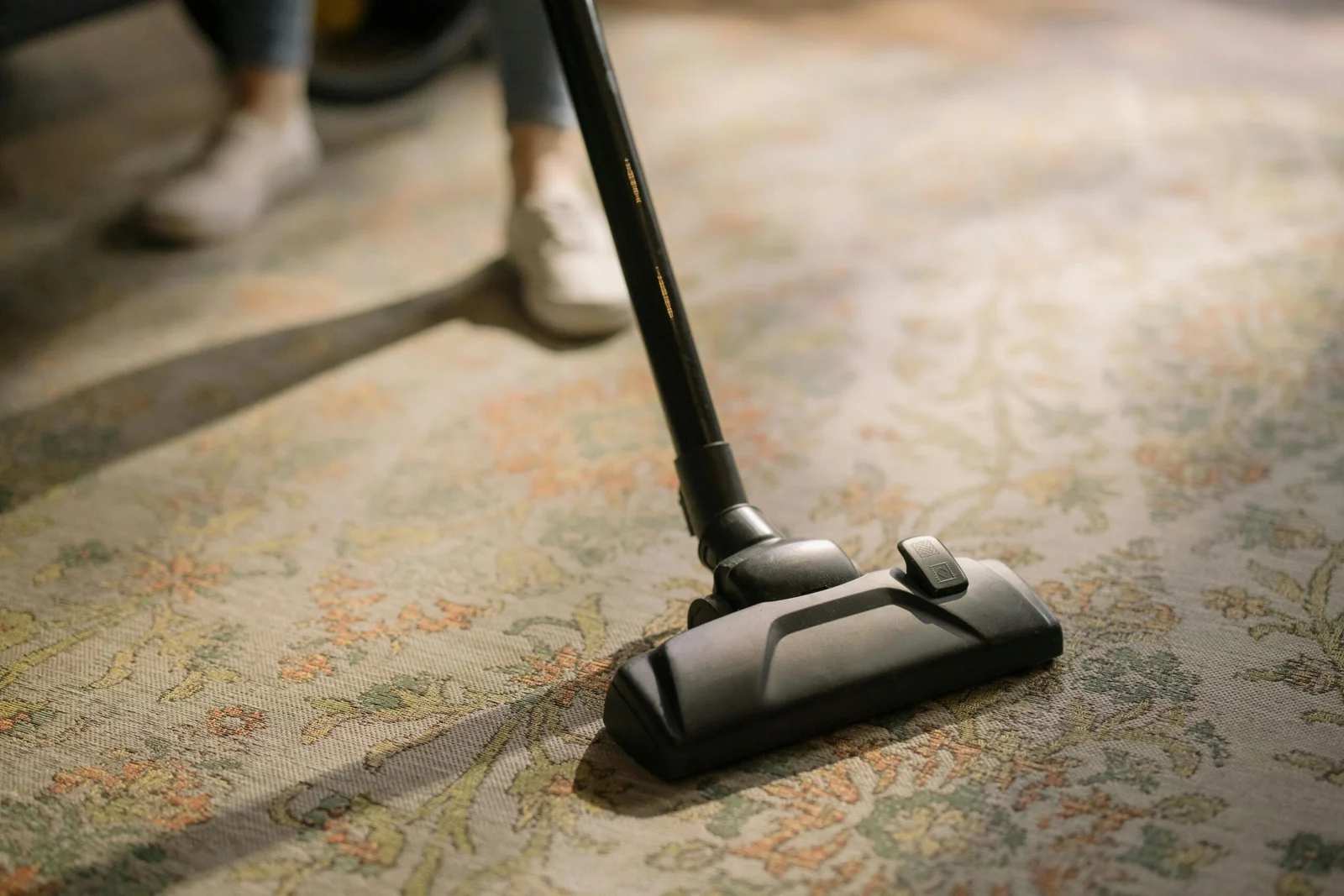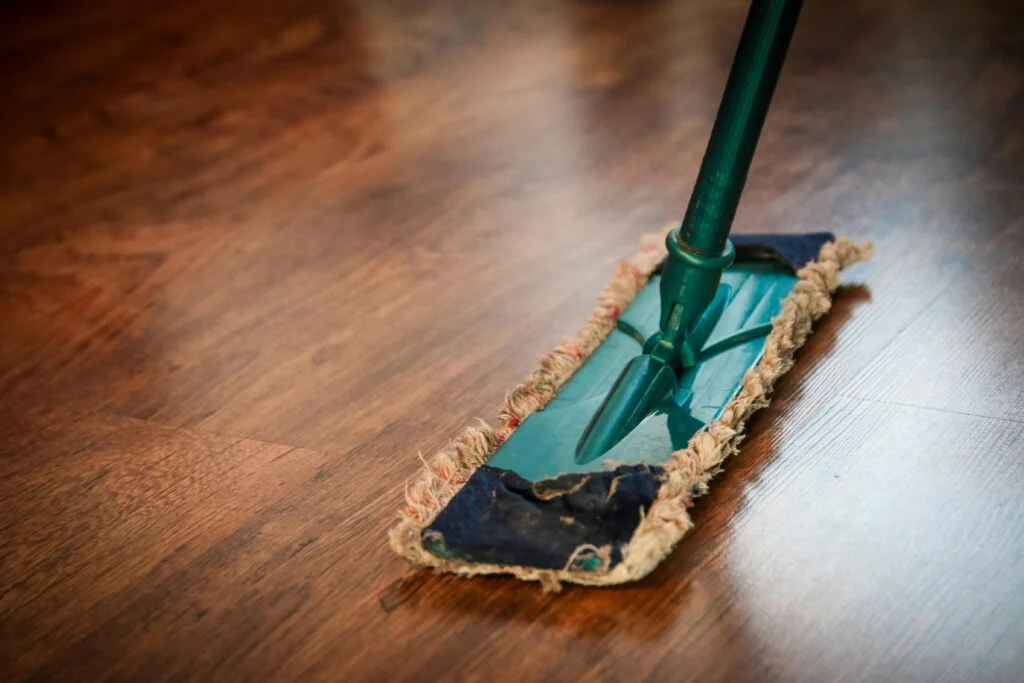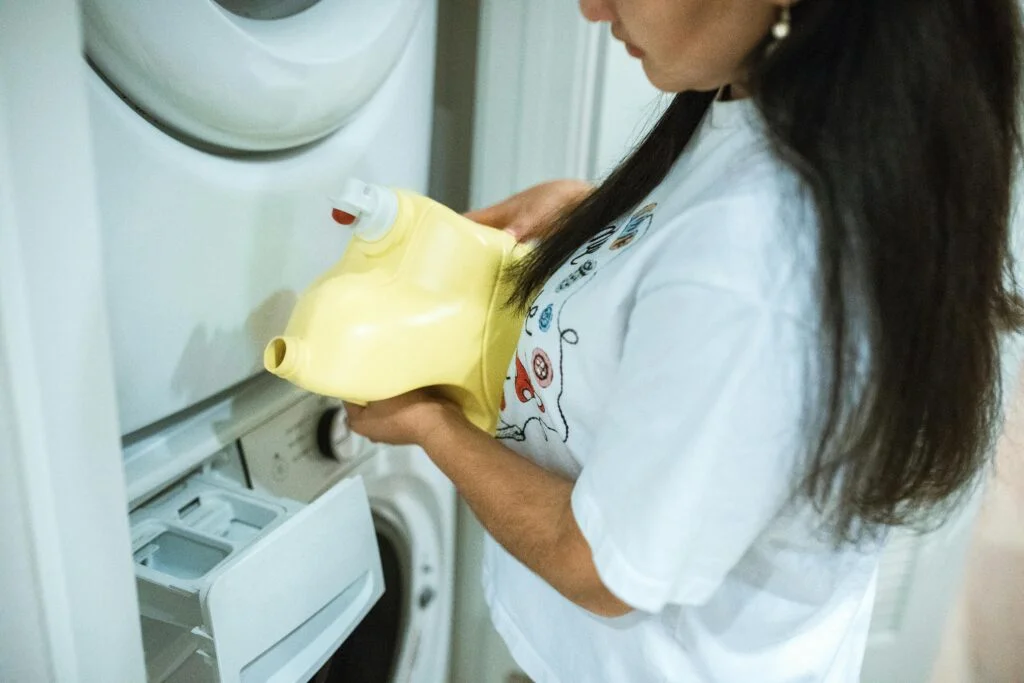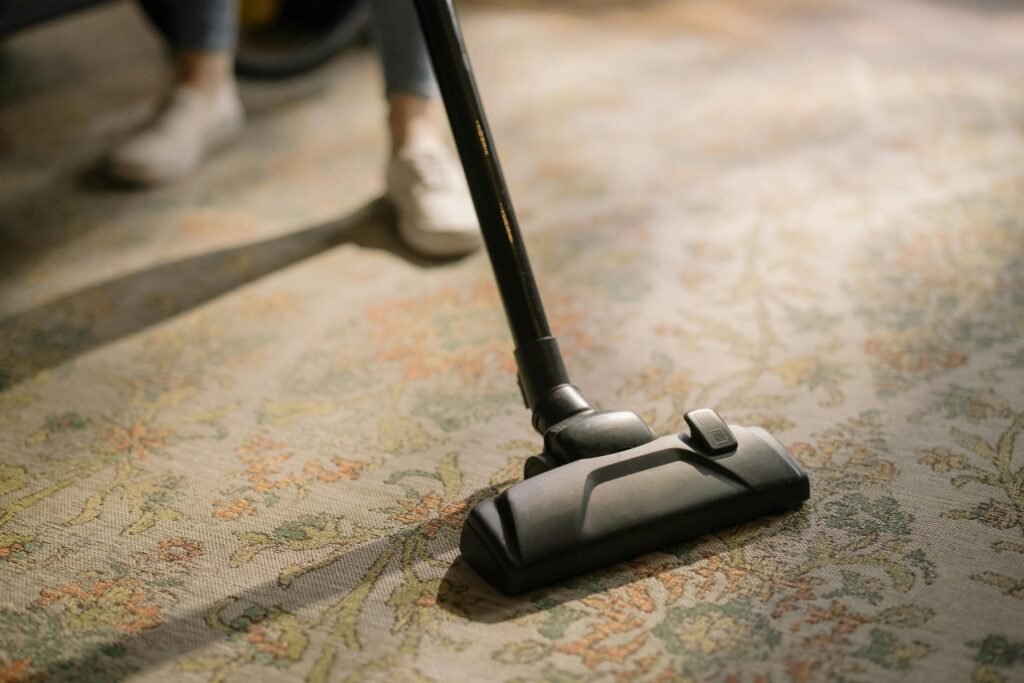1. Vacuuming the Whole House

In the ’70s, vacuuming wasn’t the quick job it is today. The heavy, clunky vacuum cleaners of the time required serious muscle, and covering the entire house could take hours. There was no such thing as a handheld vacuum or robot vacuums like we have now. Instead, you’d haul that bulky machine from room to room, making sure every nook and cranny got a thorough clean. People would take breaks, but the work felt like a mini workout, and it was a satisfying task to check off.
Afterward, the house would smell fresh, with that distinct scent of dust and cleanliness. It wasn’t a job you could rush, so families took their time, chatting and listening to music while working. Although it was a physical chore, no one really complained about it. It was just part of the rhythm of a Saturday morning, and often, it brought the family together in the process.
2. Scrubbing the Floors

Floor scrubbing was a real commitment in the ’70s. With hardwood or linoleum floors common in many homes, it was necessary to get down on your hands and knees with a mop and bucket. There were no fancy Swiffers or steam mops; just good ol’ elbow grease. The sound of a wet mop against the floor and the rhythmic motion of scrubbing was a staple in many households.
After all that scrubbing, the floors would gleam with a satisfaction that’s hard to replicate today. It took hours to get every inch, especially in large homes or with busy families. But this ritual became a bonding activity for parents and kids, with everyone pitching in to get the job done. No one rushed it, because it was part of the weekend routine that helped keep the house looking neat.
3. Laundry Day Marathon

Laundry day was a marathon event, especially when it involved hand-washing delicate clothes or using the old wringer washers. In the ’70s, it was common to spend hours sorting, washing, and hanging clothes out on the line to dry. It wasn’t as convenient as throwing everything in a machine and walking away like today. Each load required careful attention, and often, the smell of fresh clothes on the line filled the air.
The real work began after the wash when clothes had to be ironed. This was a meticulous process, with each shirt, pair of pants, and dress needing careful attention to avoid wrinkles. While the task took all day, it was something that most people managed to do without complaint, perhaps because it was part of the ritualistic flow of the day. And there was always a certain joy in putting away fresh, crisp clothes.
4. Cleaning the Windows

Windows were the ultimate test of a Saturday chore in the ’70s. Forget about window cleaning solutions that spray on and wipe off in seconds—this was a job that involved soapy water, squeegees, and a whole lot of paper towels. The idea of sparkling windows wasn’t just about cleanliness; it was about allowing the light to pour in on sunny days. It was a process that could easily take a couple of hours to get right.
The squeegee would glide across the glass, leaving streak-free shine. Sometimes it took multiple passes and a little extra polish to get the job done just right. The sense of accomplishment from having gleaming windows was unparalleled. People took pride in their windows, knowing they’d completed a task that required patience and attention.
5. Lawn Mowing

In the ’70s, mowing the lawn was a Saturday tradition that could take a good portion of the morning. Many families had large yards with overgrown grass that didn’t stand a chance against those push mowers. Before the days of gas-powered lawnmowers with self-propelling motors, it was a full-body workout, pushing the mower around the yard while trying to make every row straight. There was no rush because this was a task that everyone expected to do, no matter how long it took.
And don’t forget the weed-whacking. If you had a garden or flower bed, you’d spend the afternoon clearing the edges and ensuring everything looked neat. Despite how exhausting it was, most people didn’t complain. It was part of that rhythm of home life and took a few hours to get right, but the satisfaction of a freshly mowed lawn made it all worth it.
6. Dusting Every Surface

Dusting the whole house took its own dedicated effort in the ’70s. There were no feather dusters or easy-to-use Swiffer cloths—just rags and cans of furniture polish. Each piece of furniture, knick-knacks, and baseboards needed to be wiped down, and the sheer size of some homes made this task feel endless. It was a process that could take hours, but it was often done in segments, with breaks to sip coffee and catch up with family members.
By the time everything was dusted, the house felt completely transformed, almost like a fresh start. The wood furniture would shine, and the air would feel lighter. It was a chore that demanded time and effort, but the outcome was one of those simple pleasures that made Saturdays feel accomplished. And no one would ever think to rush through it.
7. Organizing the Garage

Organizing the garage might not sound like a major task, but it was a Saturday ritual for many. In the ’70s, garages were often cluttered with everything from tools and lawn care items to holiday decorations and old furniture. It took hours to sort, clean, and organize everything. But there was something about seeing the space neatly arranged that made it worth the effort.
Everyone had their job—some would sort tools while others would sweep out the corners or get rid of old, unnecessary items. It was a family affair, and although it took up most of the Saturday, there was no sense of frustration. Instead, there was a quiet sense of accomplishment in seeing the garage organized, almost like preparing for whatever the next season would bring.
8. Washing the Car by Hand

Washing the car by hand was a ritual that took a big chunk of the day, but it was something families took pride in during the ’70s. You’d grab the hose, a bucket of soapy water, and a sponge, and then proceed to scrub away. Unlike today’s convenience of drive-through car washes, this was a hands-on, time-consuming process, and it could take a few hours depending on how much detailing the car needed.
Afterward, you’d dry it with towels, making sure every inch was spotless. It wasn’t just about having a clean car; it was about spending time together as a family and taking care of your possessions. The satisfaction of seeing that shiny, clean car at the end of the day was a job well done, and somehow, no one seemed to mind that it took most of the afternoon. It was just another Saturday tradition.



